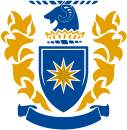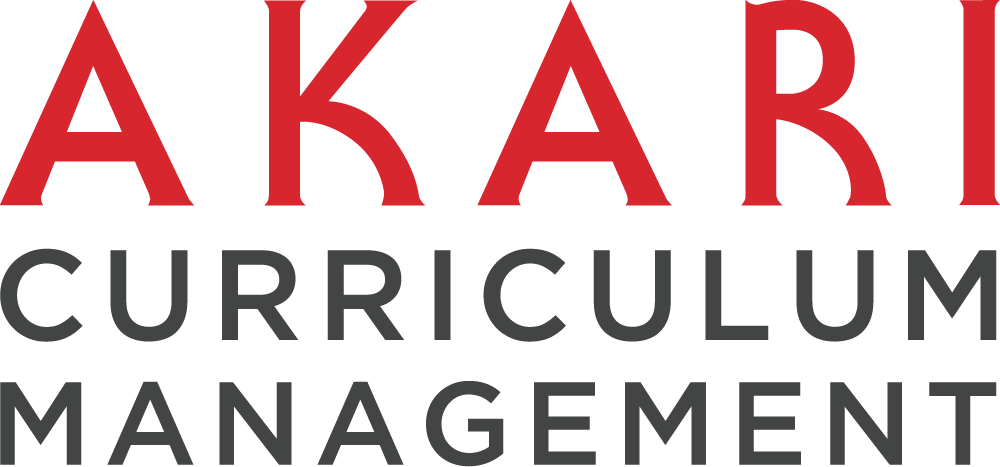Finance
Financial management must provide stability to the higher education institution, allow for investment as uncovering and renewing opportunities, be transparent to facilitate accountability and good governance, and ensure that the institution allocates resources efficiently.
Akari Software employs a sophisticated Curriculum Management Solution so Universities can make data driven investment decisions and provide the flexible pedagogical and business models today’s learners demand.

Massey University
[NEEDS CONTENT OR QUOTE]
Sit amet, consectetur adipiscing elit. Ut elit tellus, luctus nec ullamcorper mattis, pulvinar dapibus leo.
Sed ut perspiciatis unde omnis iste natus error sit voluptatem accusantium doloremque laudantium, totam rem aperiam, eaque ipsa quae ab illo inventore veritatis et quasi architecto beatae

Akari Curriculum: Key Benefits for Finance
Global Competition
Digital Asset
Critical Systems
Data-lead investment decision-making
The higher education business model is changing with on-campus attendance being optional, not compulsory. Competition is globally fulfilling learner needs, and Universities are facing competitive forces from private conglomerates with digital pedigree and innovation, and deep pockets.
The curriculum remains the core intellectual property (IP) of the University. Teaching and tutoring are the paths to market and the overall USP of the sector.
Universities today offer a plethora of Programmes, many of which offer a wide range of elective specialisations further dimensioned by ranges of availability (delivery method, location etc). To manage, successfully and efficiently, these complex curriculum data loads, and to derive value from the data, Universities must employ sophisticated curriculum management applications. Once the curriculum is available as an interrogatable digital asset, co-existing with data from other critical systems, the University can make data driven investment decisions.
Pre-existing or customised dashboard views will drive coherent data lead decisions on resources, course and programme planning, designing, modifying and retiring. The curriculum can be optimised to ensure all new and existing investments are targeting the core business objectives, be they student acquisition, staff productivity, resource efficiency etc.
Driven by competitive pressures, Universities need curriculum agility to provide the flexible pedagogical and business models which today’s learners demand. With growing industry input into curriculum, driving changes such as Work Integrated Learning and Competency-based assessment University leaders rely on accurate real time data and actionable insights to inform investment.
Cost Efficiencies
Curriculum Agility
Analytics Dashboard
Uncover revenue generation opportunities
Recognising the strengths of global digital competitors, Universities must lean into curriculum agility to provide the flexible pedagogical and business models today’s learners demand.
Programme building needs to be relevant and timely, and consider resource inputs to drive cost efficiencies. Specialisation is key and resource sharing is critical to both the finance and quality dimensions. Educators need to focus on the quality of both input and output and the resultant graduate attributes and professional competencies.
Akari’s Smart AI based analytics capability, can steer the programme builders leveraging dashboard views of key data points and metrics. Existing dashboards with standard operational views can be customised and utilise machine learning as more data becomes available. The agile curriculum can be supported by dynamic data insights.
The data point measurement and feedback supporting continuous improvement needs to be accurate and timely. Automation of repetitive curriculum tasks should be automated, and relevance should be checked by machines, not people. People should concentrate on ensuring that outcomes are both measurable and relevant.
Modules and not programmes become the key, combining to form the best pathway for learners to achieve the outcomes demanded by personal, societal and livelihood ambitions. Universities become the conduits to fulfil these ambitions and move the focus away from processes and inaccurate assumptions.
